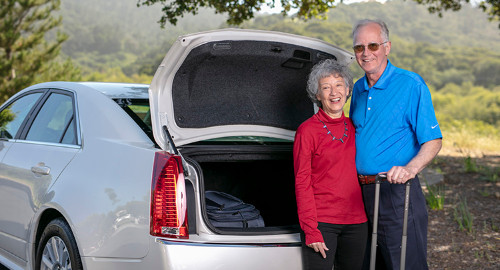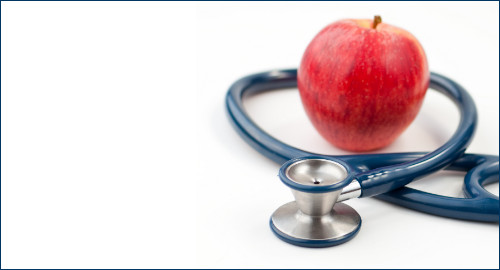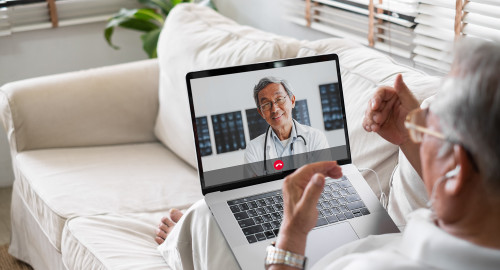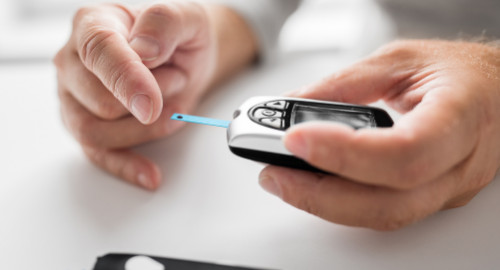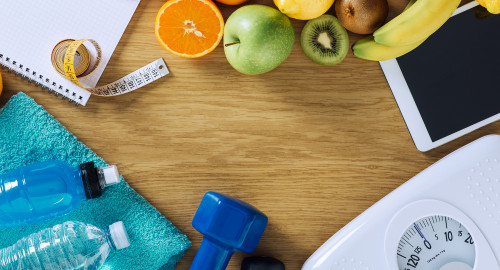Tips for traveling with medications
According to the U.S. Travel Association, nearly nine in 10 Americans are expecting to travel this summer. Eight in 10 plan to travel in their personal vehicles and 46 percent plan to fly. If you are one of those planning a trip this summer, don’t forget to plan for your medicine! Whether you plan to fly or drive to your destination, here are a few tips to make sure you and your medications arrive safely.
Tips for traveling by plane with medications
- Tell the TSA agent if you have liquid medicine over 3.4 ounces. According to the Transportation Security Administration (TSA), you can pack liquid medicine in excess of 3.4 fluid ounces, but you will be required to alert the TSA agent. Simply tell the agent that you have medically necessary liquids over 3.4 ounces before they begin scanning. You will be subject to additional screening and may be required to open the medicine.
- Consider packing medicine in its original container. Medicine does not have to be in its original containers for TSA security. However, some states have different requirements. If you’re not sure about the rules for the state you will be traveling to, it may be easiest to keep your medicine in its original packaging.
- Bring enough medicine for a few extra days. TSA allows you to bring medication in any amount as long as it’s screened. However, if you are traveling internationally, screening requirements may be more strict. To ensure that you have the right amount of medicine on your trip, bring enough for a few extra days in case your flight is delayed, but no more than an appropriate amount for personal use. If traveling for a long period, you can request for an early refill. Plan ahead.
- Pack medicines in your carry-on bag. For easy access and to make sure your medicine does not get lost if your baggage does, pack medicine in your carry-on bag.
- Bring insulin pumps and insulin together. If flying with insulin pumps, you must notify the TSA officer that you have diabetes and are carrying your supplies with you. According to TSA, insulin pumps and supplies must be accompanied by insulin, and insulin in any form or dispenser must be clearly identified.
Tips for traveling by car with medications
- Do not store medicine in your glove compartment. You should not store your medicine in your glove compartment when traveling by car. Medicine stored in the glove compartment is vulnerable to temperature and can be damaged by heat or cold whether it be the weather outside or the car’s heater/ air conditioner. Even rain could compromise your medicine in the glove compartment. To avoid any risks, keep your medicine with you in your bags.
- Bring medicines to make your travel easier. When travelling by car, you are not limited as to the type or amount of medicine you can bring. The Centers for Disease Control and Prevention (CDC) recommends bringing medicine to ease your travel such as medicine to relieve motion sickness and traveler’s diarrhea. You should also bring pain and fever medicine and antibacterial ointments.
General tips for traveling with medications
- Before you travel, make sure you are up to date on your vaccines. The CDC recommends making an appointment with your healthcare provider six weeks before you leave to make sure you are up to date on all your vaccines. To protect against COVID-19, The Mayo Clinic recommends getting all necessary vaccines two weeks before you plan to travel. If you are not vaccinated for COVID-19, taking a viral test three days before your trip can help make sure that you are traveling safely. You may consider taking a viral test 3-5 days after you return home as well.
- While away from home, bring medical paperwork. Be sure to pack health insurance cards and documents with you in case you need to be treated while you are away. Also bring with you proof of vaccinations, a list of your healthcare provider, and records of where you’ll be staying. Finally, consider creating a contact card for any family members you’d like contacted in case of emergency.
We hope this information will be helpful to you as you plan your next trip! Remember to check with your healthcare provider for any questions about the medications you are taking. If you have any questions about Medicare coverage while travelling, check out our previous blog post and remember you can always give Member Services a call at (855) 570-1600 if you have specific questions about travel. TTY users call 711. Most of all, have fun and be safe!
H8764_MKT_BlogRXtravel_0422_C
